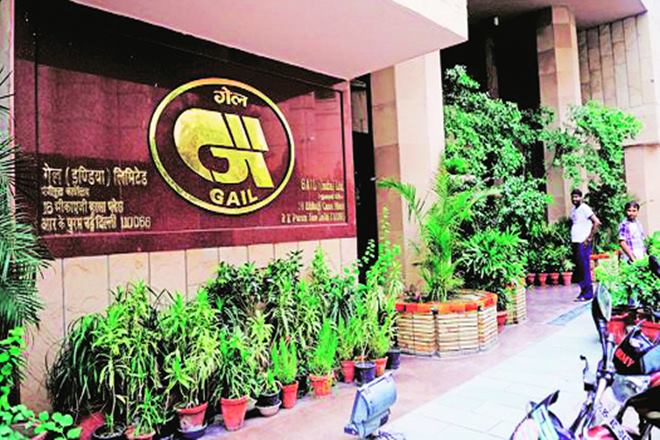Gas utility GAIL India is looking to partner with financial and strategic investors for its subsidiaries and joint venture companies in the city gas distribution business, a senior company official told FE.
“In view of the heavy capital expenditure involved in building a city gas distribution network, the company may evaluate proposals from both strategic as well as financial investors in its joint ventures and subsidiaries that are focused on city gas distribution,” the official said.
GAIL has a total of nine subsidiaries and joint ventures that are involved in supplying natural gas in various states across the country. These include Indraprasth Gas, Mahanagar Gas and GAIL Gas.
The company has planned a capital expenditure of `54,000 crore over the next three years with a debt to equity ratio of 60:40. The plan is to invest close to Rs 12,000 crore in the CGD business of its own over the next three years to sell compressed natural gas (CNG) to automobiles, and piped natural gas to households in towns such as Varanasi, Ranchi, and Patna.
GAIL, which owns and operates 14,000-km of gas pipeline network in the country, is laying 6,000 km of new lines at a cost of Rs 32,000 crore to take gas to unconnected areas in the east and the south. Another `10,000 crore will go into the expansion of petrochemical manufacturing capacity, GAIL India CMD BC Tripathi told reporters in Mumbai.
Currently, most of the gas pipelines in the country are concentrated in the western and northern part of the country. GAIL is now laying a pipeline up to Haldia in West Bengal and parts of Odisha and will extend it to the northeastern region. Also, it is laying pipelines in Kerala, Karnataka and Tamil Nadu.
GAIL’s investment is critical to realising the government’s objective of raising the share of natural gas in the energy basket to 15% by 2030 from the current 6.2% and create a gas-based economy.
The sector has begun attracting interest from financial investors. In December 2018, roads developer Ashoka Buildcon received Rs 150 crore for a 49% stake in its city gas distribution business, Unison Enviro. The Wall Street investor is expected to invest more funds as and when required in order to bid for new projects and set up the gas network infrastructure.

